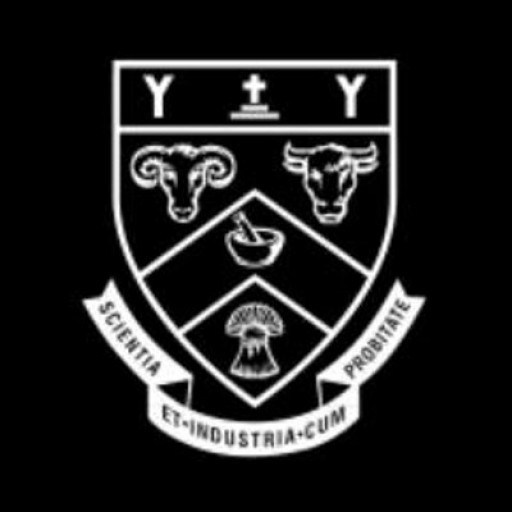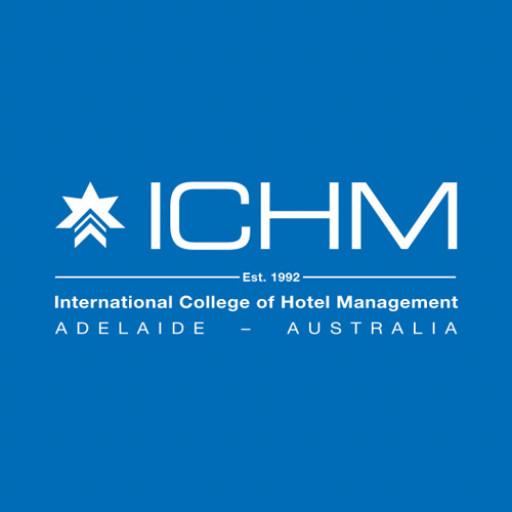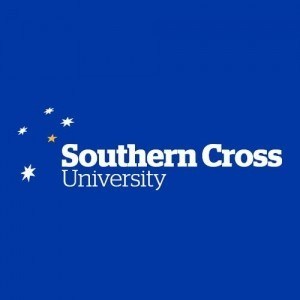Tourist Studies at UiT The Arctic University of Norway offer a comprehensive and interdisciplinary academic program designed to prepare students for careers in the dynamic and diverse global tourism industry. This program provides an in-depth understanding of the social, cultural, economic, and environmental aspects of tourism, with a particular focus on sustainable development and responsible tourism practices. Students will explore key themes such as tourism planning and development, hospitality management, tourism marketing, cultural heritage, and the impacts of tourism on local communities and ecosystems. The curriculum combines theoretical knowledge with practical skills, including qualitative and quantitative research methods, data analysis, and innovative problem-solving techniques, to equip graduates with the ability to analyze and develop effective tourism strategies.
Throughout the program, students are encouraged to engage with real-world issues through case studies, fieldwork, and internships, fostering critical thinking and hands-on experience. The program emphasizes the importance of intercultural competence and effective communication, essential skills for working in a globalized tourism environment. Special attention is given to the Arctic region, which offers unique opportunities and challenges for sustainable tourism development, aligning with UiT's focus on Arctic issues. Students will have access to a range of learning resources, including state-of-the-art facilities, expert faculty members, and partnerships with local tourism organizations, providing valuable networking opportunities and practical insights into the industry.
Graduates of the Tourist Studies program are well-prepared for careers in tourism planning, destination management, hospitality services, cultural resource management, and tourism consultancy. They will possess a nuanced understanding of the socio-economic and environmental dimensions of tourism, enabling them to contribute to sustainable development initiatives both locally and globally. Whether aiming to work within private companies, government agencies, or non-profit organizations, students will emerge with the knowledge, skills, and motivations necessary to make meaningful contributions to the future of tourism. For those passionate about exploring diverse cultures, protecting natural and cultural heritage, and promoting sustainable travel solutions, this program offers an ideal foundation for a rewarding career in the vibrant world of tourism.
The Bachelor’s degree in Tourist Studies at UiT The Arctic University of Norway offers students a comprehensive and multidisciplinary education focused on the dynamic field of tourism and hospitality. The program aims to prepare graduates with the essential knowledge, skills, and competencies to understand the complex interactions between tourism, local communities, environmental sustainability, and economic development. Throughout the coursework, students explore the cultural, social, economic, and environmental aspects of tourism, gaining insights into tourism planning, management, marketing, and policy development. The program emphasizes the importance of sustainable tourism practices that promote responsible travel and cultural preservation, particularly in Arctic regions where unique landscapes and indigenous cultures are at stake. Students are encouraged to develop critical thinking and analytical skills through case studies, research projects, and practical assignments that simulate real-world challenges faced by tourism professionals. The curriculum also includes modules on communication, intercultural understanding, and digital technologies to prepare students for the global and digital nature of the tourism industry. In addition to theoretical knowledge, the program offers opportunities for internships and collaborations with industry stakeholders, providing valuable hands-on experience and networking opportunities. The program is designed to be adaptable, integrating innovative teaching methods and up-to-date industry trends to ensure students are well-equipped for careers in tourism development, destination management, travel consultancy, event planning, and sustainable tourism promotion. Graduates of the Bachelor’s in Tourist Studies can pursue further specialization through master's programs or enter employment in various sectors, including public agencies, private tour operators, and environmental organizations. The program reflects UiT’s commitment to fostering sustainable development and responsible tourism, especially within the unique Arctic context, and aims to develop graduates who can contribute positively to the evolving tourism landscape.
Program requirements for the Bachelor’s degree in Tourist Studies at UiT The Arctic University of Norway typically include the following: applicants must have completed secondary education equivalent to the Norwegian upper secondary school diploma, with specific courses or grades as stipulated by the university’s admission criteria. Proficiency in the English language is required, usually demonstrated by an internationally recognized test such as TOEFL or IELTS, or through prior education conducted in English. Proof of language proficiency must meet the minimum standards set by the university. There is generally a minimum grade point average requirement, though specific thresholds may vary annually depending on the applicant pool. Additionally, applicants from non-Norwegian educational systems may need to provide documentation of their academic credentials, translated into English or Norwegian, and evaluated to confirm their equivalency to Norwegian standards. Some programs may require a motivational letter or personal statement explaining the applicant's interest in Tourism Studies and their future career goals. Work experience related to tourism can be an advantage but is typically not obligatory. The selection process often considers academic performance, motivation, relevant experiences, and sometimes extracurricular activities. Foreign applicants may also need to fulfill visa requirements and provide documentation of their financial means to support themselves during studies. Several programs may include specific prerequisites, such as courses in social sciences, geography, or hospitality management, depending on the focus of the program. For detailed and updated information, students should review the official UiT admission guidelines or contact the admissions office directly, as program requirements can change from year to year to align with educational standards and industry needs.
The Tourism Studies program at UiT The Arctic University of Norway offers various financing options for prospective students, though specific details are not always explicitly provided on the university's official website. Typically, international students enrolled in master's programs at UiT are responsible for covering tuition fees, as Norwegian government funding primarily benefits Norwegian and EU/EEA students. However, the university provides a range of scholarships and financial aid opportunities aimed at supporting talented international students. These scholarships often cover partial or full tuition fees and are awarded based on academic excellence and other criteria set by the university.
In addition to scholarships, students may seek external funding sources such as government grants, private foundations, or international organizations that support studies in tourism and related fields. Norway’s education system encourages students to explore part-time work opportunities; international students with valid residence permits have the right to work up to 20 hours per week during academic sessions and full-time during holidays, which can help offset living expenses.
The cost of living in Tromsø, where UiT is located, is relatively high compared to many other cities in Norway and Europe, including accommodation, transportation, and daily expenses. Therefore, students are advised to plan their finances accordingly and apply early for scholarships and financial aid. UiT also provides advice and guidance on student financing, including how to apply for loans and grants through Norwegian governmental agencies, if eligible.
Funding opportunities vary depending on nationality, academic background, and current regulations, so prospective students are encouraged to consult the university’s official website and contact admissions or the student financial aid office for personalized guidance. Overall, while the university offers some financial support mechanisms, students should consider potential costs carefully and plan their financing strategies early to ensure a smooth study experience in Norway.
Tourist Studies at UiT The Arctic University of Norway offers a comprehensive program designed to provide students with an in-depth understanding of the tourism industry within the unique Arctic context. The program covers a broad range of topics including sustainable tourism development, tourism marketing, cultural heritage management, and the socio-economic impacts of tourism in Arctic regions. Students will engage with both theoretical concepts and practical applications, equipping them with the skills needed to analyze and manage tourism destinations efficiently and responsibly.
The curriculum emphasizes the importance of sustainable practices given the sensitive environmental and cultural landscape of the Arctic. Students will explore issues related to environmental conservation, Indigenous rights, and the preservation of local cultures, ensuring they are prepared to address the complex challenges faced by tourism stakeholders in these regions. The program also offers opportunities for fieldwork, internships, and collaborative projects with local communities and tourism businesses, providing valuable real-world experience.
UiT's strong international partnerships and emphasis on Arctic tourism allow students to participate in various research projects and exchange programs, broadening their global perspective. Graduates will be equipped for careers in destination management, sustainable tourism planning, policy advisory roles, and tourism entrepreneurship. The program is ideal for students passionate about environmental issues, cultural heritage, and sustainable development, particularly within Arctic environments. Overall, Tourist Studies at UiT aims to develop knowledgeable, responsible, and innovative tourism professionals who can contribute positively to Arctic communities and the global tourism industry.









